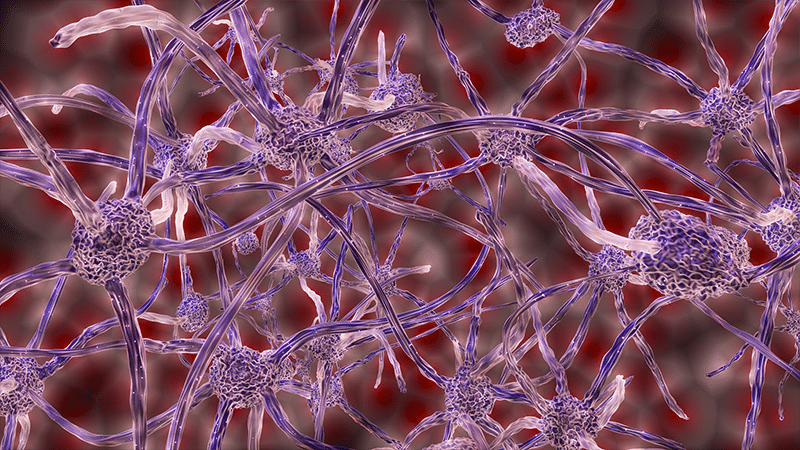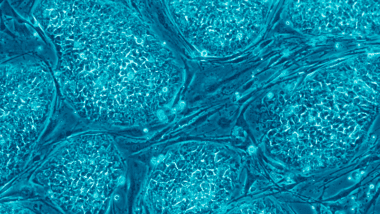Potential treatments for neurodegenerative diseases and spinal injuries have taken a step forward after researchers in the US produced nerve cells from ethical stem cells.
Taking adult stem cells, which can be used to replicate any cell in the body, Northwestern University-led researchers were able to make “highly mature neurons” and hope the technique will lead to the development of future transplant therapies.
Ethically sourced stem cells do not require the destruction of human embryos.
Potential
One of the lead researchers, Professor Samuel I Stupp, explained that mature neurons were needed because otherwise “it is like asking a baby to carry out a function that requires an adult human being”.
In the future, the team believe that mature neurons derived from skin cells could be used to treat spinal cord injuries and diseases such as Parkinson’s, Alzheimer’s and multiple sclerosis.
In 2014, scientists in Belgium used ‘reprogrammed’ adult stem cells in an attempt to better understand dementia, at the time they said their findings “might lead to the development of drugs that can curtail or slow down” the disease.
Life saving
A baby born with a failing heart is now a “happy growing little boy” after a world-first operation using ethical stem cells from donated placentas.
Baby Finley was born with the main arteries in his heart in the wrong positions. After surgery failed to correct it at four days old, he relied on drugs for weeks to keep his heart beating before Professor Massimo Caputo injected him with stem cells from a placenta bank.
The cells have the ability to grow into tissue which will not be rejected by Finley’s body. Now two years old, he has been discharged from intensive care and weaned off medication and ventilation.
Mum Melissa Hudd said: “I believe, if it wasn’t for the stem cell treatment, then Finley wouldn’t be here with us today.”
Ethical stem cells deliver dramatic cure for ‘bubble boy’ disease
‘She’s given me back my life’, teen thanks adult stem cell donor
Scientist plans to create ‘mini-me’ embryos for harvesting organs


